The book is intended especially as a supplement Sanskrit Grammar of W.D. Whitney and includes all the views comprehensively of a given root in the Sanskrit language. The Author has respected the language of every period, and the great St. Petersburg Lexicon of Bohtlingk and Roth have been his greatest source for materials on epic and classical literature. In the older language of Vedas and Brahmanas and Upanisads and Sutras, he has done much more independent work. The periods in the life of the language which are acknowledged and distinguished by appropriate notation are six: the Veda (V.); the Brahmana (b.); the Upanisads (u.); the Sutras (s.); the epics (e); and the common Sanskrit (c.) They have all been adequately explained in detail. The book will be useful to the scholarly community in need of authentic information on Sanskrit language.
ABOUT THE AUTHOR William Dwight Whitney
William Dwight Whitney (1827–1894) was an American linguist, philologist, and lexicographer who edited The Century Dictionary. Born in Northampton, Massachusetts, February 9, 1827. He entered Williams College at fifteen, graduating in 1845. He continued studying and worked at a bank in Northampton for several years, then assisted his brother Josiah Whitney on a geological survey of the Lake Superior region in 1849. For three years, he studied Sanskrit in Germany, and gained wide reputation for his scholarship in the field. At Yale, he became professor of Sanskrit in 1854, adding comparative philology in 1869. He also taught modern languages at the Sheffield Scientific School. He served as secretary to the American Oriental Society from 1857 until he became its president in 1884.Whitney revised definitions for the 1864 edition of Webster's American Dictionary, and in 1869 became a founder and first president of the American Philological Association. He wrote metrical translations of the Vedas, and numerous papers on the Vedas and linguistics, many of which were collected in the Oriental and Linguistic Studies series (1872–74). He wrote several books on language, and grammar textbooks of English, French, German, and Sanskrit. In his Course in General Linguistics in the chapter on the 'Immutability and Mutability of the Sign', Ferdinand de Saussure credits Whitney with insisting on the arbitrary nature of the linguistic signs.

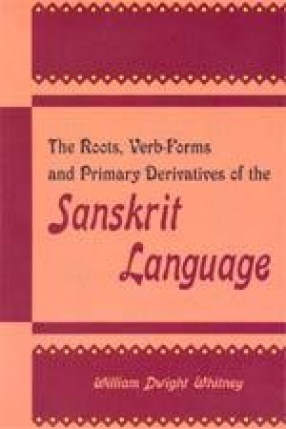
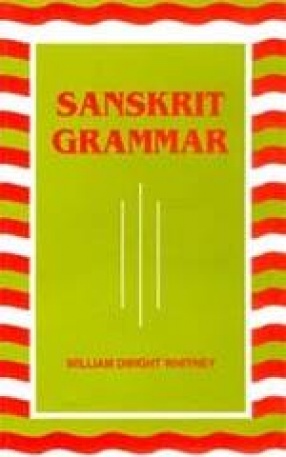
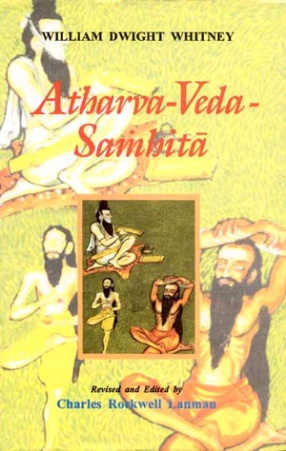

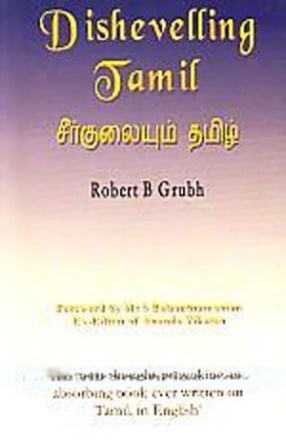
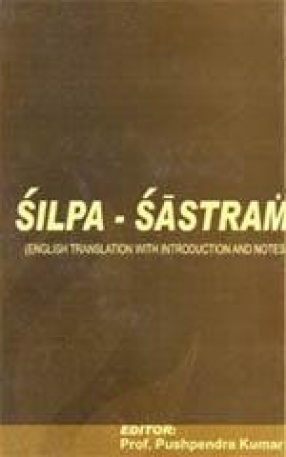
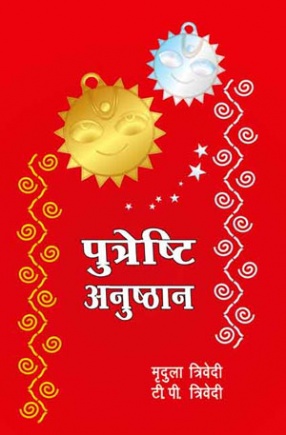
There are no reviews yet.